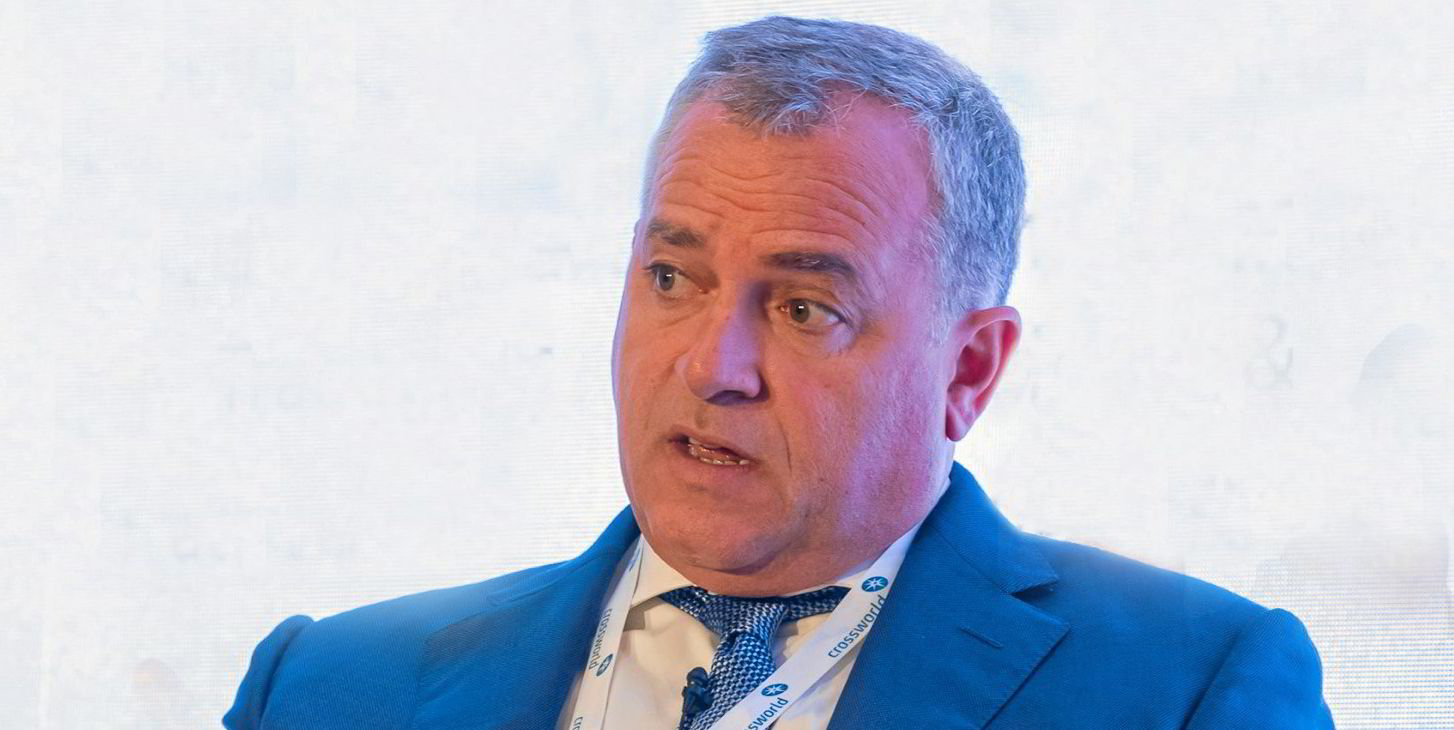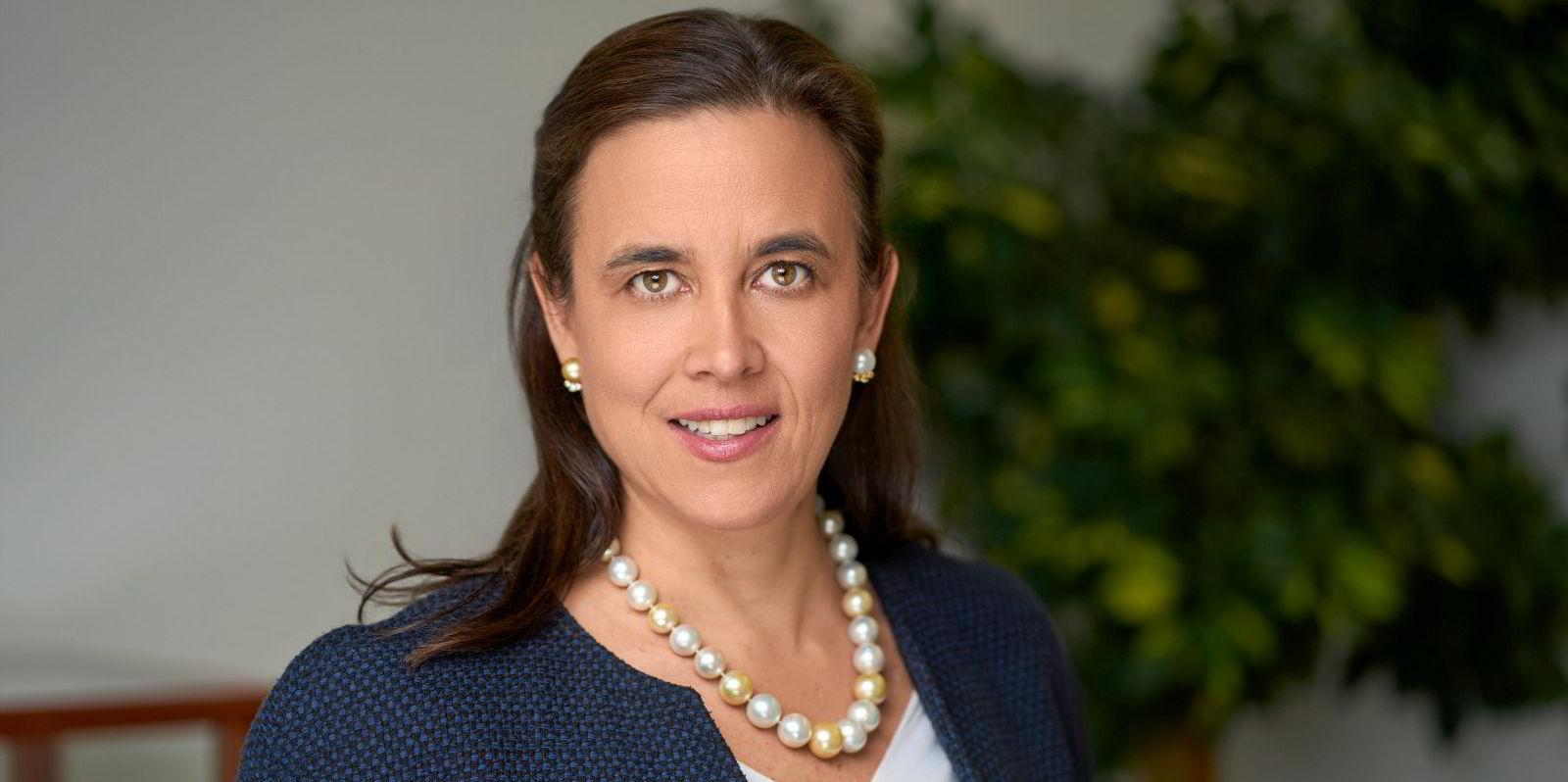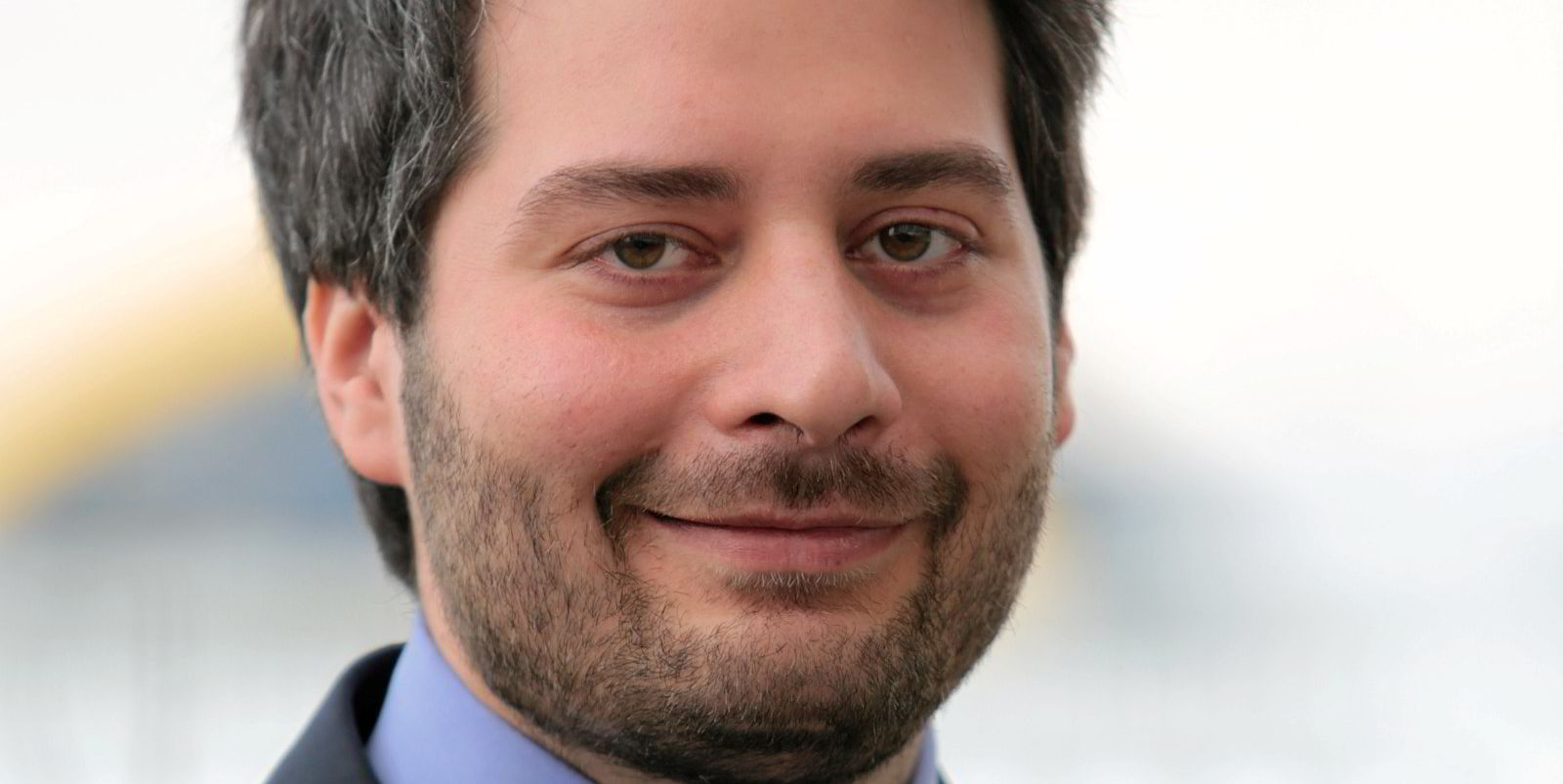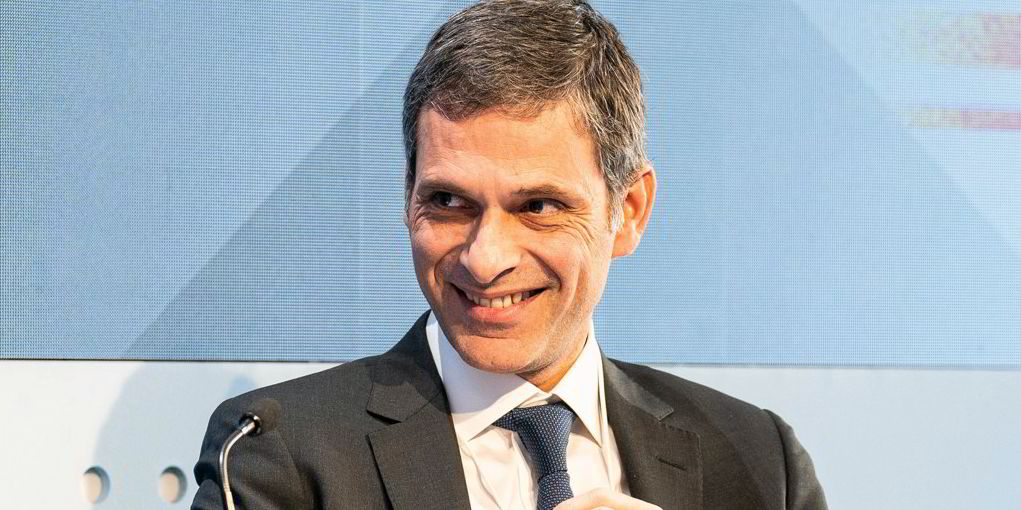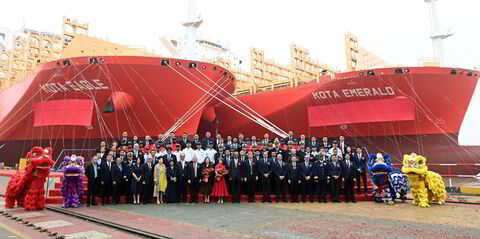The gradualism in Greeks’ newbuilding approach becomes apparent when one looks at the fuelling choices for the ships they have ordered.
The Union of Greek Shipowners boasts that Greeks have the largest alternative fuel-capable fleet.
However, this is most likely due to their considerable expansion in the gas carrier sector, where vessels are inherently designed to utilise the LNG, LPG, or ammonia they transport as fuel.
Turning to bulkers and tankers, only a limited part of Greek ordering is for vessels able to run on more advanced fuels, such as methanol or ammonia.
Maran Tankers, Capital Maritime, Athenian Sea Carriers, Atlas Maritime, Chemnav, Dynacom, Neda Maritime, Diana Shipping and Safe Bulkers have ordered such ships.
These forays are still relatively modest compared with the much bigger ammonia or methanol bets made by non-Greek companies, such as Bocimar or AP Moller Maersk.
This is mainly due to Greek innate conservatism.
Since the steam revolution, Greeks have been known to join new technologies only when others have demonstrated they can work safely and profitably, and when the combination is right between the new ships’ price, their expected chartering income and the availability of shipyard slots and future fuel volumes.
Future fuel doubts
Even companies such as Atlantic Bulk Carriers, managers of which have openly come out in favour of methanol as the alternative fuel of the future, seem to think the future has not yet arrived.
When the moment came to place some orders last year, the company opted for last-available technology and conventionally fuelled vessels instead.
US-listed Safe Bulkers is another example.
Dual-fuel methanol ships account for just two of the 17 kamsarmaxes and post-panamaxes it has ordered at Japanese yards since late 2020 at a cost of more than $600m.
When asked about his reluctance to order more such vessels, Safe Bulkers principal Polys Hajioannou said most charterers were still too short-sighted to fix such ships for long enough periods to justify their extra cost.
“I don’t believe the industry is ready yet to reward early movers,” he told a conference in Cyprus.
Hajioannou said he was not even sure there would be green methanol available by the time both vessels are delivered in early 2026. He ordered them to lock in low prices and in the expectation that they would help him avoid paying regulatory fuel fines in the future.
Greeks have been much more enthusiastic about exhaust gas cleaning systems.
Most ships they have under construction will be equipped with the devices and they have the second-largest scrubber-fitted fleet in the world, according to Clarksons’ figures cited by the Union of Greek Shipowners.
About 36% of the Greek tanker tonnage on order is scheduled to be fitted with scrubbers, compared with about 24% of the global fleet, according to the data.
Petros Pappas-led Star Bulk Carriers had 98% of its giant fleet equipped with the devices, even before it took over smaller rival Eagle Bulk Shipping in a deal completed in April.
Pappas’ decision to grow further through Eagle Bulk was partly motivated by the fact that the US-based company was a perfect fit, considering it had the only large fleet of scrubber-fitted supramaxes and ultramaxes in the world.
Star Bulk has options to install scrubbers in the latest round of five kamsarmax newbuildings it has ordered.
